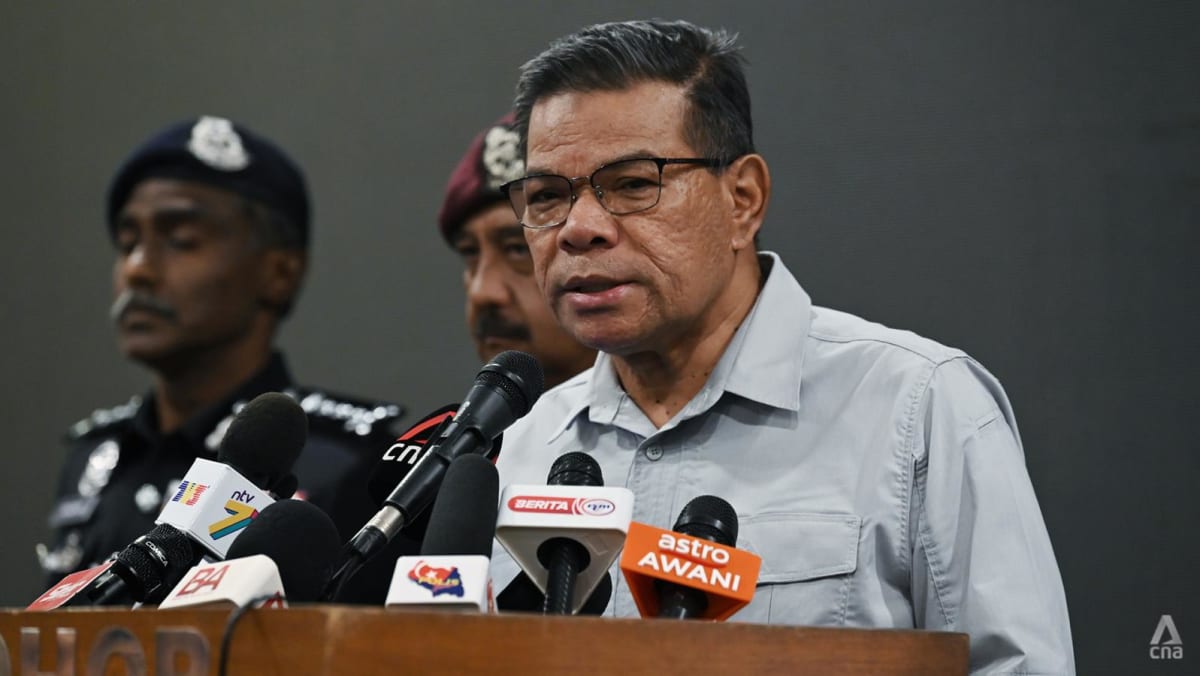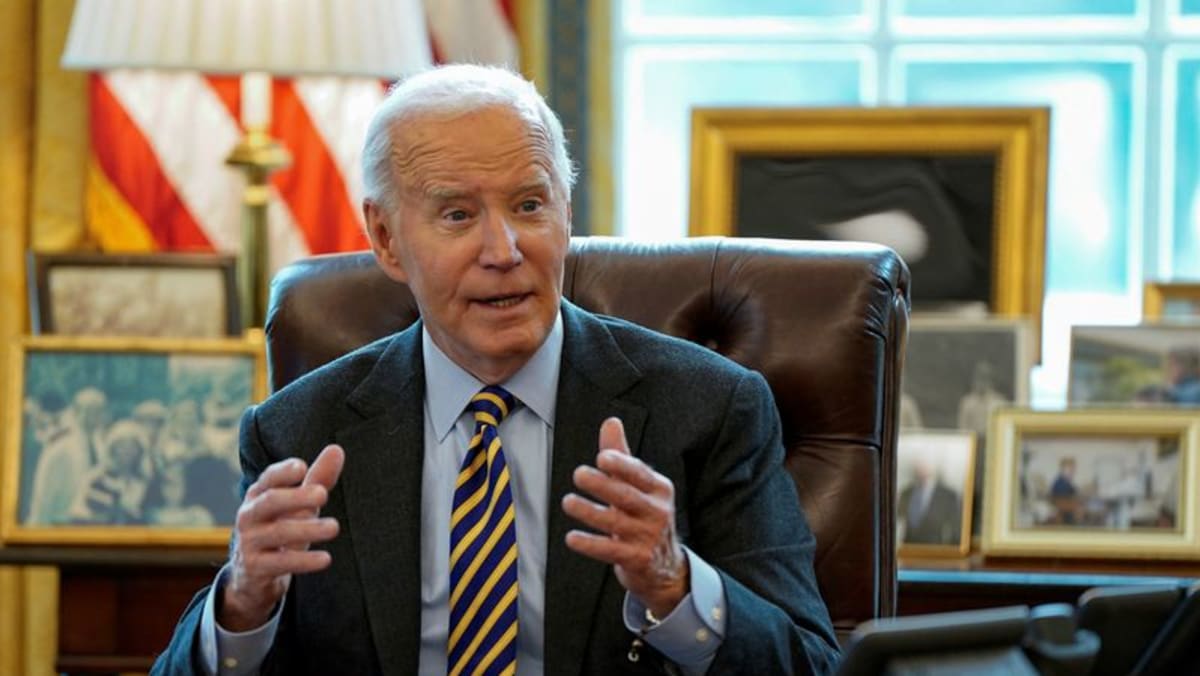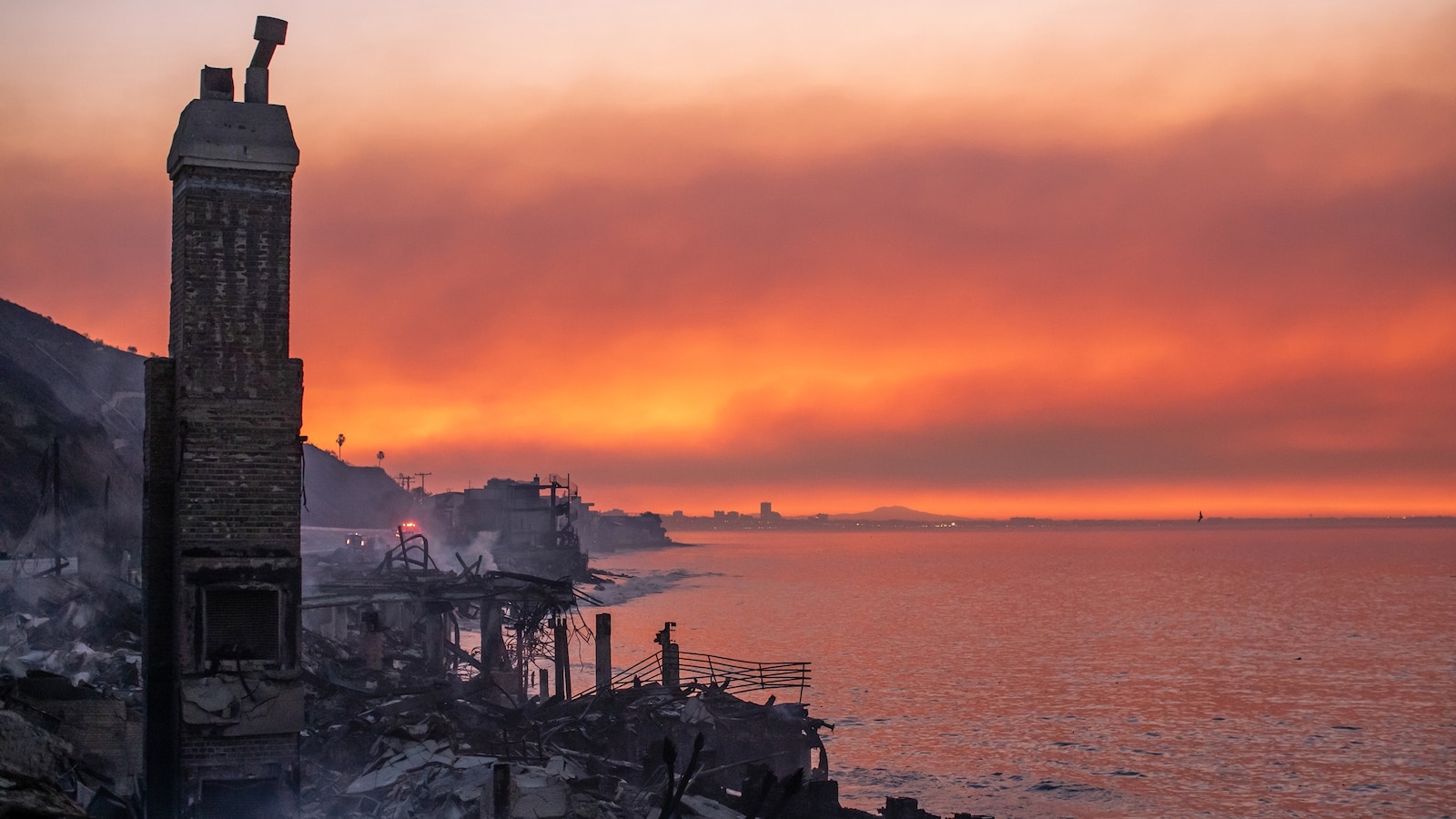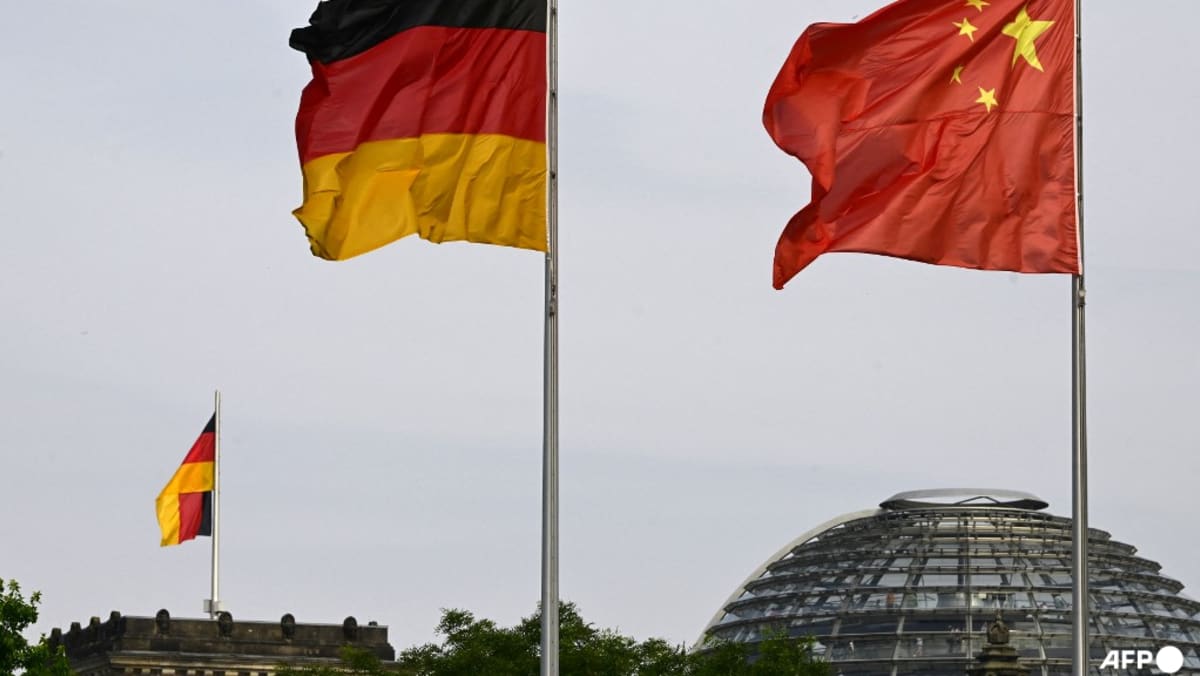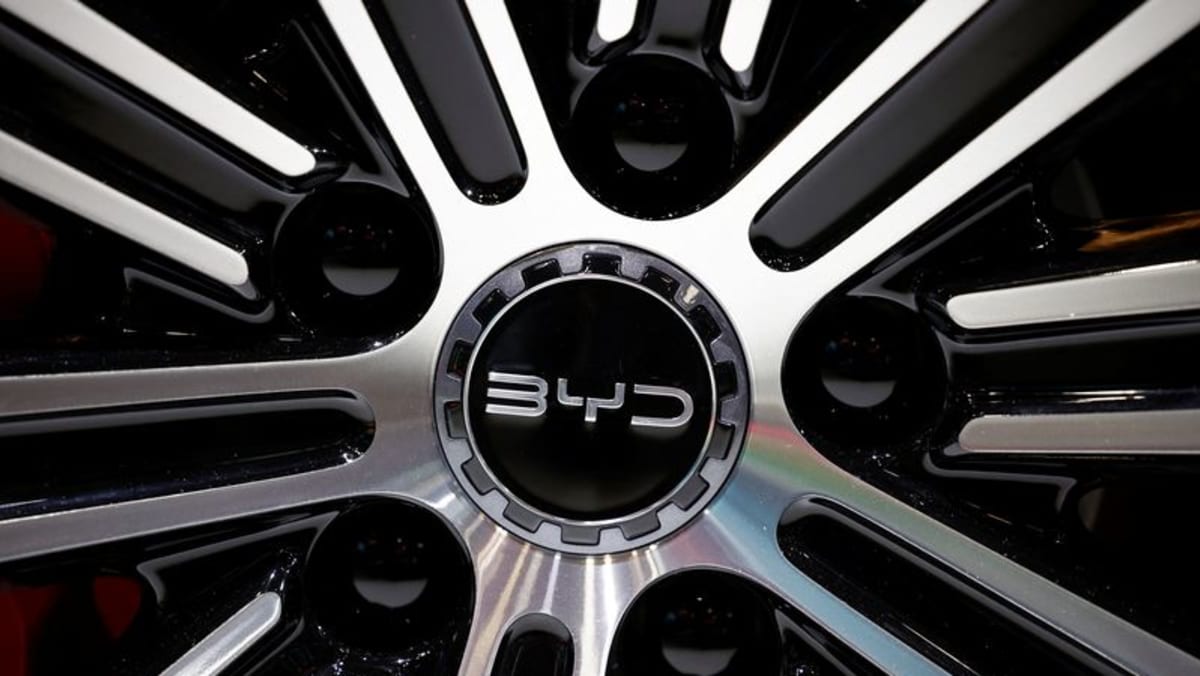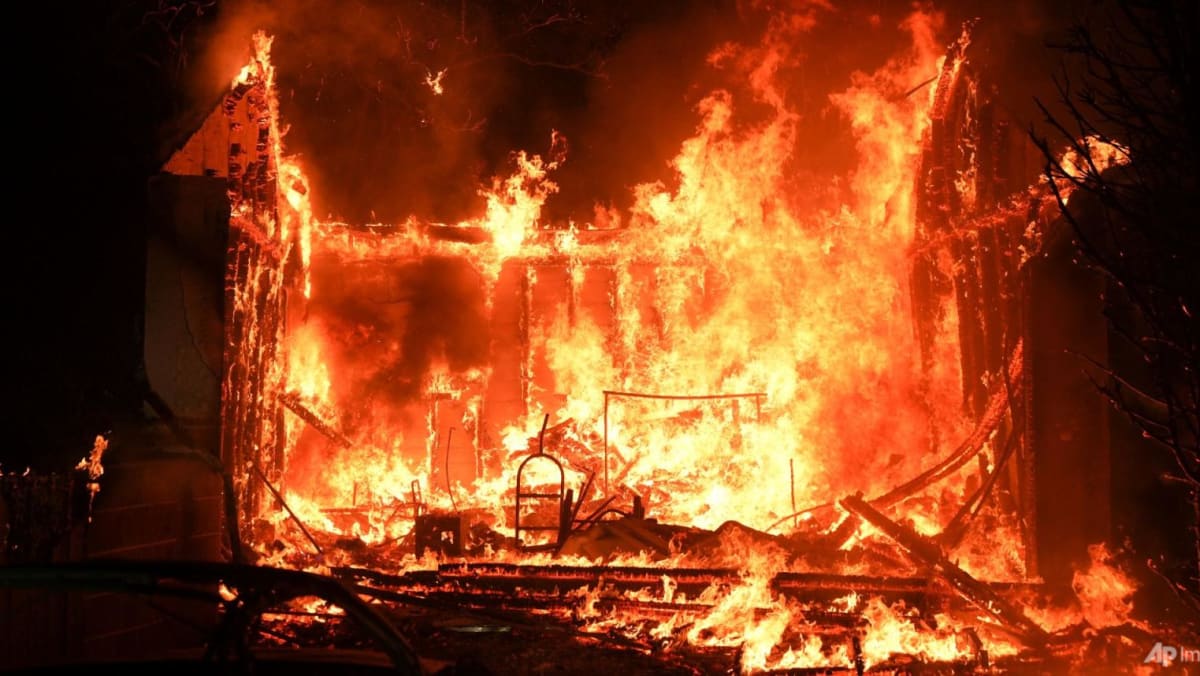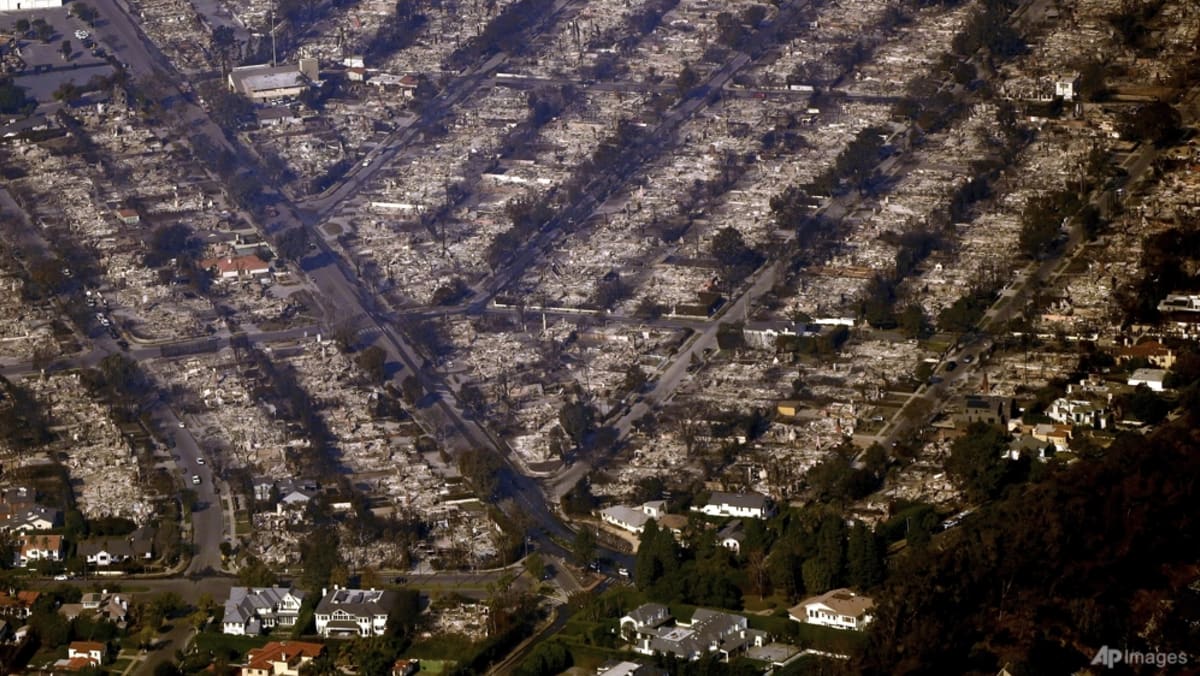As Hunter Biden pardon sparks backlash, experts say it can’t be overturned

Hunter Biden’s pardon is the latest in a long list of controversial White House immunity decisions.
Still, President Joe Biden’s unconditional, full absolution of his son is different in one unprecedented way: No commander-in-chief has ever granted clemency to his child, according to experts.
While former President Bill Clinton pardoned his half-brother, Roger Clinton Jr., of a drug conviction on his last day in office in 2001 and President-elect Donald Trump did the same for his daughter Ivanka’s father-in-law, Charles Kushner, of tax evasion and witness tampering convictions in the final days of his first term, Biden has broken new ground in presidential pardon history, experts told ABC News.
“This is a first,” said Jeffrey Crouch, an assistant professor of American politics at American University and author of the book “The Presidential Pardon Power.” “In terms of the legal side of things, the president has the power to grant clemency to just about anybody he wants.”
President Joe Biden and son Hunter Biden stepping out of a bookstore while shopping in Nantucket, Mass., on Nov. 29, 2024.
Mandel Ngan/AFP via Getty Images
What is a presidential pardon?
Under a section called the “Commander-in-chief clause,” Article II, Section 2 of the U.S. Constitution says the president “shall have power to grant reprieves and pardons for offenses against the United States, except in cases of impeachment.”
“The idea is that it’s a check on decisions of the federal judiciary and the president is entrusted with this responsibility,” Crouch told ABC News. “And the reason the President has the responsibility is because the framers of the constitution decided that the president should have this ability. It should be virtually unchecked and it should be part of the system of separated powers and checks and balances, and that the president should be able to unilaterally decide whether to shorten someone’s punishment or to offer them a full pardon, or some variation of the options that are available.”
Crouch said the only limit placed on a president’s pardon power is that it must pertain to crimes committed against the United States, meaning only federal offenses.

Hunter Biden, son of President Joe Biden, arrives for a closed-door deposition with the House Oversight and Judiciary committees onN Capitol Hill in Washington, Feb. 28, 2024.
Brendan Smialowski/AFP via Getty Images
“If someone commits a state offense, the state will have its own process that the person will need to go through, whether it’s a parole board or a governor or whatever the case might be,” Crouch said.
Hunter Biden pleaded guilty over the summer to federal charges of failing to pay $1.4 million in taxes from 2016 to 2020. In a separate case, he was convicted of making false statements on a federal Bureau of Alcohol, Tobacco, Firearms and Explosives form when he purchased a handgun in 2018 and said he was not using drugs at that time.
Hunter Biden was scheduled to be sentenced on Dec. 12 in the federal gun case in Delaware and on Dec. 16 in the tax evasion case in California.
Due to the pardons his father issued on Sunday, both convictions are expected to be thrown out.
President Biden issued the pardons despite repeatedly making public statements that he would not interfere with justice. In a statement, he called the prosecution of his son “a miscarriage of justice” by his own Department of Justice.
“From the day I took office, I said I would not interfere with the Justice Department’s decision-making, and I kept my word even as I have watched my son being selectively, and unfairly, prosecuted,” Biden wrote.
He added, “Here’s the truth: I believe in the justice system, but as I have wrestled with this, I also believe raw politics has infected this process and it led to a miscarriage of justice — and once I made this decision this weekend, there was no sense in delaying it further. I hope Americans will understand why a father and a President would come to this decision.”
A presidential pardon can’t be overturned
The president’s decision to pardon his son immediately provoked a backlash from Republicans and Democrats, who viewed it as an abuse of executive branch power and pointed out that arguments the president made of his son being the target of political prosecution are the same ones rejected by the courts handling his cases. In a post on his Truth Social platform, Trump called the pardon “an abuse and miscarriage of Justice.”

President Joe Biden meets with President-elect Donald Trump in the Oval Office of the White House, Nov. 13, 2024, in Washington.
Evan Vucci/AP
Sen. Tom Cotton, R-Arkansas, condemned the pardon in an interview Monday on Fox News and issued a warning to President Biden.
“Joe Biden may come to regret this decision because, having given his son a blanket pardon of 11 years to include the time when Joe Biden was vice president, Hunter Biden now can’t plead the fifth if he appears before Congress or appears before a grand jury,” Cotton said.
He added, “He has to testify about exactly what he was up to, for instance, when he was traveling to China on Air Force Two and meeting with Chinese communist princelings, or why being paid hundreds of thousands of dollars to sit on a Ukrainian energy company’s board for which he had no qualifications. So, that may be one unintended consequence of the pardon that Joe Biden didn’t fully think through.”
The full pardon is not just for Hunter Biden’s recent convictions but covers any crime he may have committed over a nearly 11-year span from Jan. 1, 2014, to Dec. 1, 2024.
“It’s critical,” Kim Wehle, a law professor and ABC News contributor, said of the time frame covered in the pardon.
She noted that Trump has picked Kash Patel as FBI director and Pam Bondi as Attorney General.

Kash Patel, former chief of staff to the defense secretary, speaks on the day Republican presidential candidate and former President Donald Trump holds a campaign rally, in Prescott Valley, Arizona, Oct. 13, 2024.
Go Nakamura/Reuters
“These folks have publicly stated that they’re on board with using the Justice Department as a mechanism of vengeance and retribution. So the breadth of that pardon suggests that President Biden understands that without that, Hunter Biden could be targeted for a vindictive prosecution,” said Wehle, the author of “Pardon Power: How the Pardon System Works — And Why.”
“He faced jail time with these two convictions and Donald Trump will be in charge of the federal Bureau of Prisons, so he would be in charge of Hunter Biden’s day-to-day life,” Wehle said. “I can understand why a president would not want his son to be put through that moving forward.”
Crouch described the pardon as “extraordinarily broad” and said there are similarities to the pardon President Gerald Ford granted President Richard Nixon in 1974.
“It was not necessarily tied to specific offenses. It was tied to a time range and it covered Nixon’s entire presidency,” Crouch said. “So any federal offenses that Nixon committed or may have committed during his presidency were covered and the language of the Hunter Biden pardon seems a bit similar to that in terms of its breadth.”
Asked if a presidential pardon can be overturned, Crouch said, “It’s not possible.” He said even the U.S. Supreme Court would not have a say in Hunter Biden’s pardon.
Crouch said the closest a pardon has come to being overturned occurred in 2008 when then-President George W. Bush pardoned New York developer Isaac Robert Toussie for fraudulently obtaining federally insured mortgages. After facing criticism that Toussie’s father was a big Republican donor, Bush took back the pardon, claiming it hadn’t been completed.
“You can stop something that hasn’t been completed, but you can’t take back a pardon that’s been completed,” Crouch said. “And the Hunter Biden language in the pardon suggests any and all federal offenses is pretty broad and there’s no taking that back.”
Office of the Pardon Attorney
Crouch said most modern presidents have relied on the Office of the Pardon Attorney in the Department of Justice to investigate requests for pardons, but are not obligated to do so.
“It’s designed to handle the bureaucratic side of that process, to take some of the burden off the president individually, and, frankly, to give the president someone to blame when things go awry. That’s how most modern presidents approach clemency,” Crouch said.
Biden didn’t go through the Office of the Pardon Attorney before deciding to pardon his son. The president made the decision after discussing it with his family during their time together in Nantucket for Thanksgiving, a source familiar with the matter confirmed to ABC News on Monday.
During Trump’s first term, according to Crouch, he used the Office of the Pardon Attorney roughly 25 times for his 238 clemency grants.
“He had an internal process where, according to reporters, he would hear something on television, or someone would talk with him, or he’d read something, and those are the cases that would be considered for clemency,” Crouch said of Trump.
Crouch said the Office of the Pardon Attorney rarely recommends granting pardons.
Can a president pardon himself?
During Trump’s first term as president, he posted on social media, “As has been stated by numerous legal scholars, I have the absolute right to PARDON myself, but why would I do that when I have done nothing wrong?”
Crouch said that while legal scholars have debated whether a president can pardon himself, the question remains unsettled.
“The answer is nobody knows until somebody tries it. It’s not really clear what would happen,” Crouch said.
Asked if Biden could pardon Trump before leaving office, Couch said, “Biden can pardon anyone he would like.”
“The question is what would be the benefit to doing that? It would be highly controversial,” Crouch said. “And so when you look at highly controversial cases, you got to think about why would the president do this?”
Other questionable presidential pardons
Crouch said there have been other controversial presidential pardons made in recent history.
Besides pardoning his brother, former President Clinton caused a firestorm in 1999 when he commuted the sentences of 16 members of the FALN, a Puerto Rican paramilitary organization that set offer bombs in the United States, mostly in New York and Chicago. Clinton agreed to grant the FALN members clemency in exchange for them renouncing violence.
In the last days of his presidency in 2001, Clinton pardoned financier and fugitive Marc Rich, whose ex-wife participated in Clinton’s presidential campaigns and was a major donor to his presidential library. One of the critics to publicly condemn the Rich pardon was none other than then-Sen. Joe Biden.
“I think either the president had an incredible lapse in memory or was brain-dead when he did that one. I mean, I just think it’s totally indefensible,” Biden said in a Feb. 11, 2001, Fox News Sunday interview.
In 2007, then-President George W. Bush commuted the 31-month federal sentence for Scooter Libby, former chief of staff for Vice President Dick Cheney, who was convicted of obstruction of justice, perjury and making false statements stemming from a White House leak that criminally exposed the covert identity of CIA operative Valerie Plame Wilson. Trump later granted Libby a full pardon.
In 1992, Bush’s father, President George H.W. Bush, pardoned Caspar Weinberger, the former Secretary of Defense, and five others, absolving them from any further punishment for their illegal dealings in the Reagan-era Iran-Contra scandal. Critics argued that Bush Sr. granted the pardons at a time when he was a lame-duck president with no political consequences.
In 2017, Trump pardoned former Maricopa County, Arizona, Sheriff Joe Arpaio, who was charged with criminal contempt of court for disobeying a federal judge’s order to stop racially profiling in detaining individuals suspected of being in the country illegally. Trump also pardoned in 2020, former Gen. Michael Flynn, his first national security advisor, who was convicted of lying to FBI agents as part of special counsel Robert Muller’s investigation of Russian interference in the 2016 presidential election.
“There’s no limit on the number of pardons that a president can give,” Crouch said. “The president can pardon as many people or as few people as you would like. He can do it at any time he would like.”
Source: abc news


